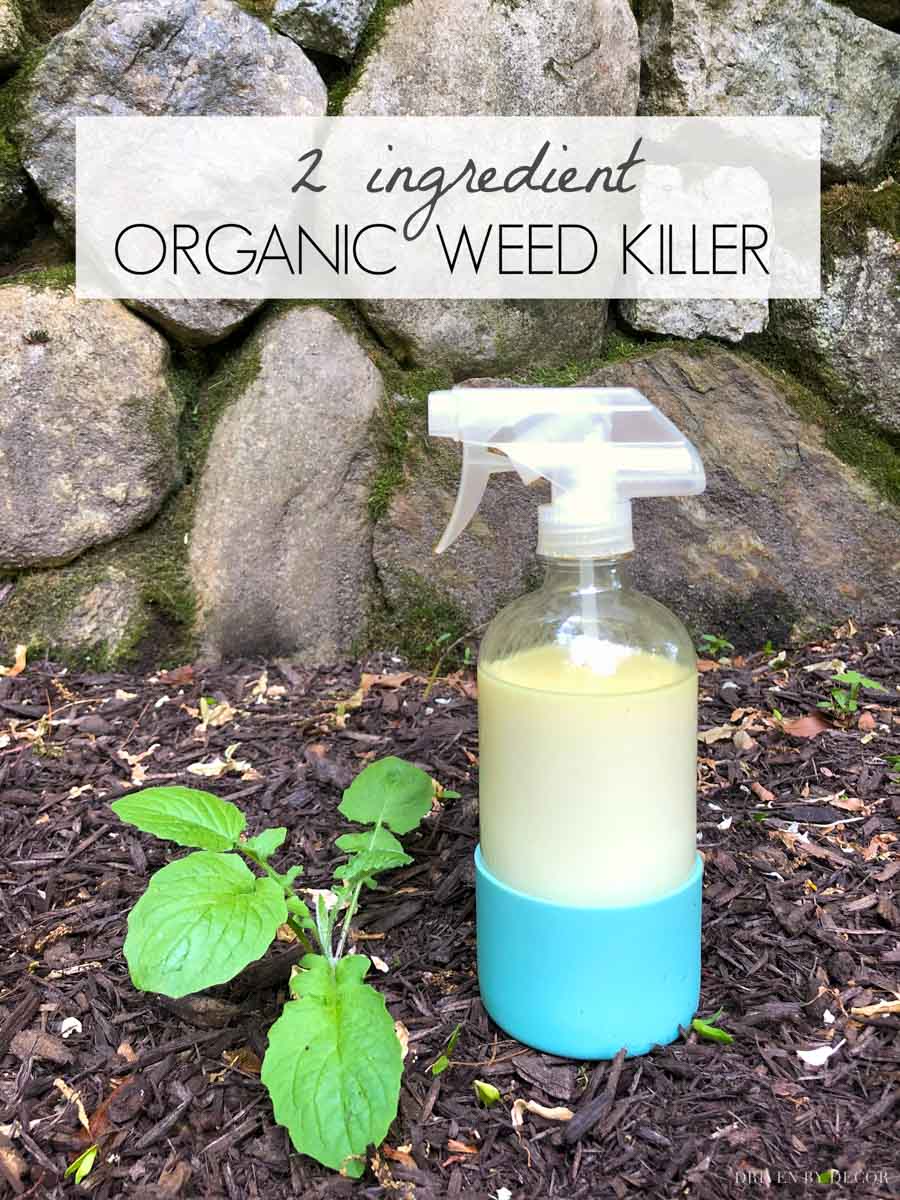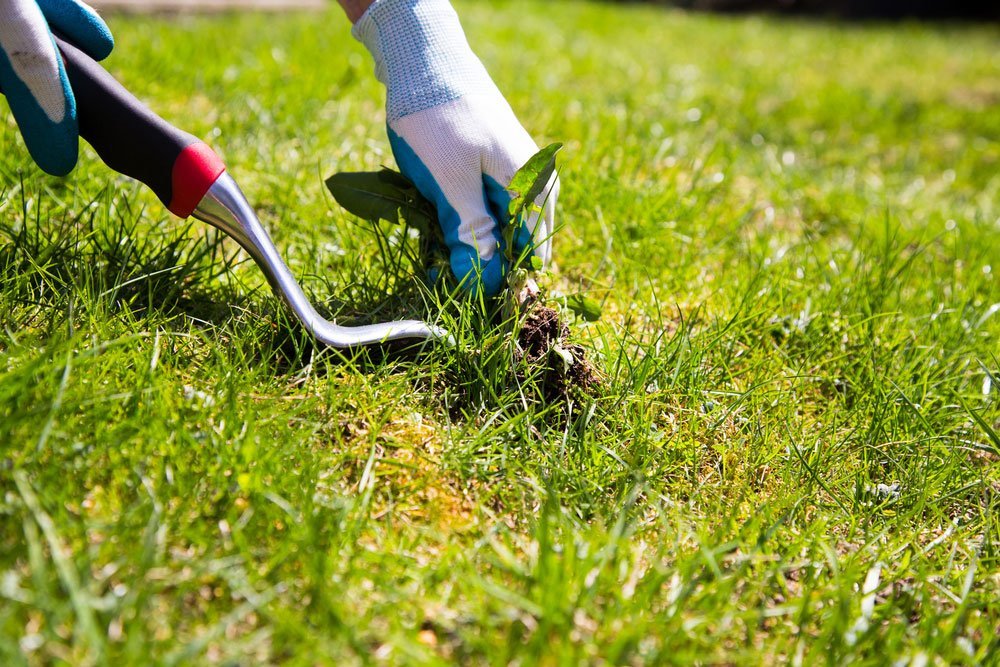Why Chemical Weed Killers Are a Thing of the Past
The widespread use of chemical weed killers has been a common practice in lawn care for decades. However, the risks associated with these products have become increasingly apparent. Chemical weed killers can contaminate soil, water, and air, causing harm to the environment and human health. They can also destroy beneficial microorganisms in the soil, leading to long-term soil degradation. Furthermore, chemical weed killers have been linked to various health problems, including cancer, neurological disorders, and reproductive issues. In addition, they can also harm pets and wildlife that come into contact with treated areas. With the growing awareness of these risks, it’s no wonder that many people are turning to natural weed killers for grass as a safer and more environmentally friendly alternative. By choosing natural weed killers, individuals can protect their health, their lawn, and the environment, while still achieving effective weed control. The need for natural alternatives has never been more pressing, and it’s essential to explore the various options available for a healthy and sustainable lawn.
How to Choose the Best Natural Weed Killer for Your Lawn
Selecting the right natural weed killer for grass can be a daunting task, especially with the numerous options available. To make an informed decision, it’s essential to consider several factors, including the type of weeds you’re dealing with, the size of your lawn, and the desired outcome. For instance, if you’re looking to eradicate a large area of weeds, a vinegar-based solution may be more effective than boiling water. On the other hand, if you’re targeting a specific type of weed, such as dandelions or clover, a soap-based herbicide may be a better option. Additionally, consider the soil type and climate of your lawn, as some natural weed killers may be more effective in certain conditions. By taking these factors into account, you can choose the best natural weed killer for your lawn and achieve optimal results. It’s also important to note that some natural weed killers may require repeated applications, so be sure to plan accordingly and adjust your strategy as needed. With the right approach, you can effectively control weeds without harming your lawn or the environment.
Boiling Water: A Simple Yet Effective Natural Weed Killer
One of the simplest and most effective natural weed killers for grass is boiling water. This method is easy to implement and requires minimal equipment, making it an attractive option for many homeowners. To use boiling water as a natural weed killer, simply pour the hot water directly over the weeds, making sure to saturate the soil around the roots. The boiling water will scald the weeds, killing them without harming the surrounding grass. This method is particularly effective for small areas of weeds and can be used in conjunction with other natural weed killers for optimal results. One of the advantages of using boiling water is its speed and efficiency, as it can kill weeds in a matter of minutes. However, it’s essential to exercise caution when using this method, as the boiling water can also harm desirable plants and grass if not applied carefully. Additionally, repeated applications may be necessary to achieve desired results, especially for larger areas of weeds. Overall, boiling water is a simple yet effective natural weed killer for grass that can be used in a variety of situations.
Vinegar-Based Solutions: A Popular Choice for Weed Control
Vinegar-based solutions are a popular choice for natural weed control, and for good reason. These solutions are effective, easy to use, and environmentally friendly. The acetic acid in vinegar is the key to its effectiveness as a natural weed killer for grass. It works by breaking down the cell walls of the weeds, ultimately killing them. Vinegar-based solutions can be used to control a wide range of weeds, from common dandelions to more stubborn varieties like clover and thistle. One of the advantages of using vinegar-based solutions is their speed of action, with many weeds dying within a matter of hours. Additionally, vinegar is a natural and non-toxic substance, making it a safe choice for use around pets and children. However, it’s essential to note that vinegar-based solutions may require repeated applications to achieve desired results, and can also affect desirable plants if not used carefully. Overall, vinegar-based solutions are a popular and effective natural weed killer for grass, offering a safe and environmentally friendly alternative to chemical weed killers.
Soap-Based Herbicides: A Gentle yet Effective Approach
Soap-based herbicides are a gentle yet effective natural weed killer for grass, making them an attractive option for homeowners looking to maintain a healthy lawn. These herbicides work by breaking down the surface tension of the weed’s leaves, causing them to dry out and eventually die. One of the advantages of soap-based herbicides is their selectivity, as they tend to target weeds while leaving desirable grasses and plants unharmed. Additionally, soap-based herbicides are biodegradable and non-toxic, making them a safe choice for use around pets and children. When using soap-based herbicides, it’s essential to follow the manufacturer’s instructions and take necessary precautions to avoid overspray or drift onto desirable plants. Soap-based herbicides are particularly effective for controlling weeds in small areas, such as cracks in sidewalks or driveways, and can be used in conjunction with other natural weed killer methods for optimal results. Overall, soap-based herbicides offer a gentle yet effective approach to natural weed control, making them a valuable addition to any lawn care routine.
Flame Weeding: A Non-Toxic Method for Weed Control
Flame weeding is a non-toxic and effective natural weed killer for grass that uses heat to kill weeds. This method involves applying a controlled flame to the weeds, causing damage to the plant’s cell structure and ultimately leading to its death. One of the advantages of flame weeding is its ability to target weeds without harming the surrounding soil or desirable plants. Additionally, flame weeding can be used in areas where other natural weed killer methods may not be effective, such as in rocky or gravelly areas. However, it’s essential to take necessary safety precautions when using flame weeding, including wearing protective clothing and ensuring a safe distance from flammable materials. Flame weeding is particularly effective for controlling weeds in large areas, such as fields or meadows, and can be used in conjunction with other natural weed killer methods for optimal results. Overall, flame weeding offers a non-toxic and effective solution for natural weed control, making it a valuable addition to any lawn care routine.
Combining Methods for Optimal Weed Control
When it comes to achieving optimal weed control, combining multiple natural weed killer methods can be a highly effective strategy. By using a combination of methods, homeowners can target weeds from multiple angles, increasing the chances of successful eradication. For example, using boiling water to kill weeds in small areas, and then following up with a vinegar-based solution to prevent regrowth, can be a highly effective combination. Another approach is to use soap-based herbicides to target weeds in large areas, and then use flame weeding to target any remaining weeds. By combining methods, homeowners can create a comprehensive weed control plan that is tailored to their specific lawn care needs. Additionally, combining methods can help to reduce the risk of weeds developing resistance to a single natural weed killer for grass. Overall, combining multiple natural weed killer methods is a powerful way to achieve optimal weed control and maintain a healthy, thriving lawn.
Maintaining a Weed-Free Lawn: Prevention and Ongoing Care
Maintaining a weed-free lawn requires ongoing care and attention. By implementing a few simple strategies, homeowners can prevent weeds from growing and keep their lawn healthy and thriving. One of the most effective ways to prevent weeds is to maintain a regular mowing schedule, keeping the grass at a height of 2.5-3 inches. This will help to shade out weeds and prevent them from germinating. Additionally, regular watering and fertilization schedules can help to promote healthy grass growth, making it more difficult for weeds to take hold. Another key strategy is to improve soil quality by adding organic matter such as compost or manure. This will help to create a healthy soil ecosystem that is less conducive to weed growth. By combining these strategies with the use of a natural weed killer for grass, homeowners can create a comprehensive lawn care plan that is both effective and environmentally friendly. By taking a proactive approach to lawn care, homeowners can enjoy a beautiful, weed-free lawn all season long.






